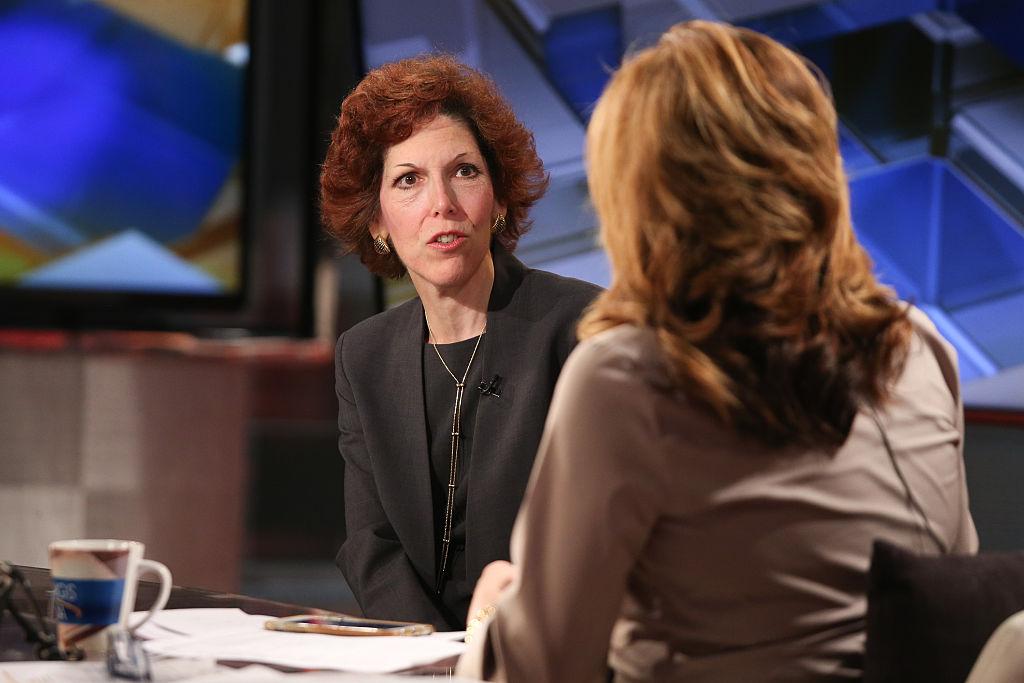Federal Reserve Bank of Cleveland President Loretta Mester told Bloomberg she is open to a faster timetable for dialing back the Fed’s asset purchases to make space for more interest rate hikes if needed to tame inflation, with central bank officials previously saying they wouldn’t start raising rates until the bond buys are fully phased out.
Mester said in a Dec. 1 interview on Bloomberg that recent data on inflation and the jobs market suggest elevated price pressures will take longer to dissipate than Fed officials previously believed, adding that this has prompted her to be “very open to considering a faster pace of tapering.”





